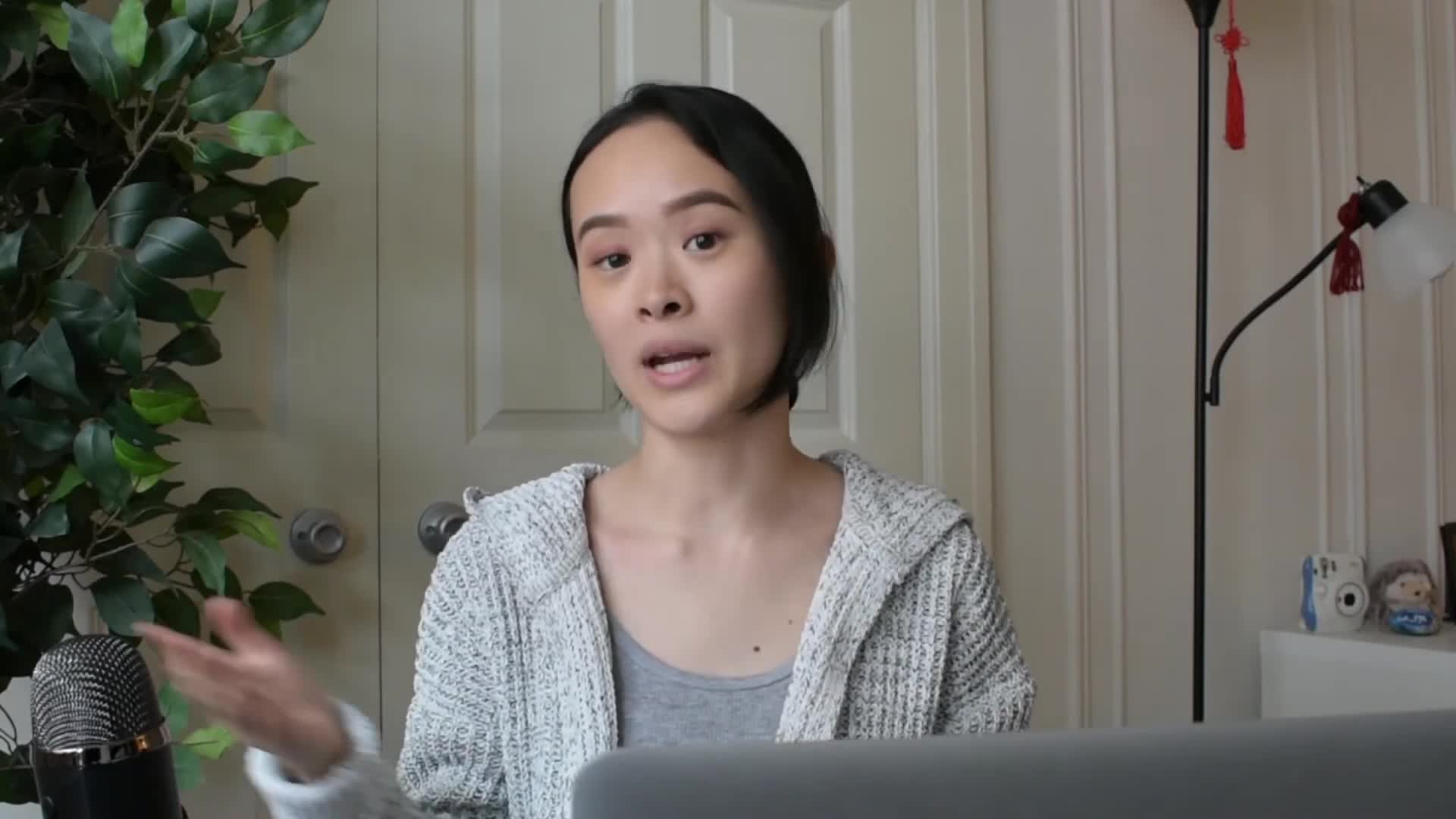Career Advice
Career advice is an essential resource for individuals looking to navigate the complexities of today’s job market effectively. It encompasses a wide range of strategies aimed at enhancing one’s professional journey, such as **resume writing**, **job interview tips**, and guidance on **career change**. With rapid technological advancements and evolving employer expectations, meaningful career advice is now more relevant than ever. The importance of up-to-date resume writing services cannot be overstated, as they help job seekers present their skills and experiences in a way that captures employer attention. In the current landscape, skills-based hiring is overtaking traditional degree requirements, highlighting the need for individuals to demonstrate their abilities rather than relying solely on formal education. This shift opens doors for diverse talent and emphasizes the importance of lifelong learning, adaptability, and new skill acquisition. Additionally, the rise of hybrid and remote work environments has transformed how we approach our careers, making self-management and effective communication crucial skills for success. Understanding the value of networking and creating impactful job applications are key components of an effective career strategy. Thus, career advice serves not only as a guide to finding a job but also as a foundation for personal growth and professional fulfillment in a dynamic and competitive market.
How can college students effectively create content on LinkedIn?
When creating posts on LinkedIn, college students have numerous opportunities because there isn't a large volume of content on the platform. Most users simply set up profiles and scroll without actively contributing. This creates a significant advantage for content creators. By publishing posts regularly throughout the week, students can generate substantially more views than expected. This engagement helps build visibility and strengthen professional networks on the platform, making content creation a valuable strategy for college students looking to establish their personal brand and improve their job prospects.
Watch clip answer (00:05m)What is the key to effectively sharing content on LinkedIn after completing your profile?
According to Jeff Weiner, CEO of LinkedIn, the key is authenticity. After completing your profile, focus on sharing your perspective, experiences, knowledge, and what inspires you. Rather than trying to be someone you're not or who you think others expect you to be, share content that genuinely excites you, moves you, or has opened your eyes. Weiner emphasizes being yourself and sharing authentic content will help you engage an audience quickly. Additionally, he advises being present, staying engaged, clearly communicating your goals, and proactively pursuing opportunities. This authentic approach helps create a meaningful professional presence that resonates with your network.
Watch clip answer (00:35m)How can you leverage weak ties on LinkedIn to find job opportunities?
According to research, 84% of people get jobs through weak relationships rather than close connections. To leverage weak ties on LinkedIn, first use the filter feature to find alumni working in your target field - this creates an immediate connection point. Second, use LinkedIn Groups to message professionals you're not directly connected with, joining groups related to your interests. Finally, send customized connection requests that are relatable, complimentary, and add value. Before reaching out, ensure your LinkedIn profile is optimized to make a good impression when these weak connections check your profile.
Watch clip answer (07:03m)How can I build meaningful professional relationships on LinkedIn?
To build meaningful relationships on LinkedIn, start by optimizing your profile to create a positive first impression, including a professional photo and complete sections. Then actively engage with content that genuinely interests you by commenting and interacting regularly, which helps the algorithm show you relevant content. Finally, maintain connections by checking in with people, responding to notifications about their milestones, and showing authentic interest in their updates. Networking isn't transactional but a lifestyle - view it as building a community of like-minded professionals who can help advance your career through genuine relationships.
Watch clip answer (05:40m)What is the key to building successful professional relationships after networking events?
According to Vanessa Van Beek, networking events are just the beginning of relationship building, not the end. After initial meetings, it's crucial to further these connections through consistent engagement. This includes following people on LinkedIn, commenting on their posts with thoughtful insights, and participating in conversations about shared interests like books or research topics. Vanessa also emphasizes the importance of establishing your own voice through writing, which clarifies your perspectives and positions you as a thought leader. This creates a profile that demonstrates your expertise beyond just verbal conversations. For introverts especially, writing offers a powerful way to build professional relationships, as it allows others to see your thinking process and expertise even without face-to-face interactions.
Watch clip answer (02:16m)How can I effectively use LinkedIn to build an alumni network for career opportunities?
LinkedIn is one of the top ways to build an alumni network by utilizing its robust search features to find people who attended your alma mater, filtered by location or company. When connecting, include a personalized note explaining why you're reaching out. After establishing connections, schedule meetings via phone, Zoom, or in-person to develop relationships. During these conversations, practice active listening to identify how you might be a solution for them, while sharing your career goals. For those launching their careers, alumni connections provide valuable insights about different industries - find someone doing what you'd like to do and learn about their path. Your shared educational background creates an immediate common ground that serves as an excellent conversation starter.
Watch clip answer (01:51m)




